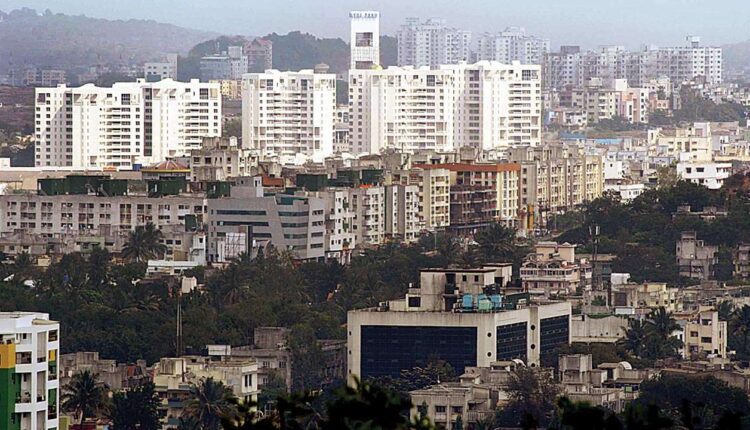Natural Sugar and Allied Industries Limited, a private mill located in Kalamb taluka of Osmanabad district, has managed to bring more than 6,000 of its total 10,000 hectares of sugarcane area under drip irrigation.
Bhairavnath B Thombare, chairman and managing director of the mill, claimed that this was the largest area of cane under drip irrigation in Marathwada region. Thombare says this is because of the mill’s decision to pay Rs 10/quintal more to farmers who grow their crop with drip irrigation.
“Financial benefit and constant follow-up by the mill has managed to bring 60 per cent of our total cane area under drip irrigation. This is no mean feat, considering the state government so far has managed to bring only 15-20 per cent of the total 10 lakh hectares of cane under drip irrigation,” he said.
In drought-prone Marathwada region, water is a precious commodity. Annual rainfall recorded in the region is only around 780 mm and farmers have to rely on groundwater to tide over the hot summer months and keep their crops alive.
 Canals from two major irrigation projects – Manjara (in Keij taluka of Beed) and Raigavan — also water the crop of this area. But because of frequent droughts, farmers often end up losing their crop. The decision to financially incentivise farmers was taken by Natural Sugar authorities almost 10 years ago. “… Farmers are not doing enough to use this commodity (water) judiciously. Central and state governments have put various schemes in place to nudge farmers to adopt water budgeting, but the efforts have not always been successful,” said Thombare.
Canals from two major irrigation projects – Manjara (in Keij taluka of Beed) and Raigavan — also water the crop of this area. But because of frequent droughts, farmers often end up losing their crop. The decision to financially incentivise farmers was taken by Natural Sugar authorities almost 10 years ago. “… Farmers are not doing enough to use this commodity (water) judiciously. Central and state governments have put various schemes in place to nudge farmers to adopt water budgeting, but the efforts have not always been successful,” said Thombare.
A veteran in the sugar industry, he decided the best way to promote water management was to pay more to those cane growers who use drip irrigation instead of flow irrigation. “Since the last 10 years, our farmers who grow cane on drip irrigation are getting Rs 10/quintal more as the Fair and Remunerative Price (FRP) for cane purchased from them,” he said.
This year, farmers who grow cane with flow irrigation will be paid Rs 261/quintal (net harvesting and transportation charges) while those who use drip irrigation will be paid Rs 271/quintal.
Adoption of drip irrigation, especially for growing cane, has been a long-standing goal of the sugar industry. Back in 2017, the then chief minister Devendra Fadnavis had announced the government’s intention to bring 100 per cent of the cane area in the state under drip irrigation. By subsidising these schemes, the government has so far brought close to 18 lakh hectares of farm land in the state under drip irrigation. Farmers can get subsidies up to 55 per cent for installation of the system.
But many farmers point that the subsidy is released late and maintaining the irrigation system was difficult.
Cases of fraud, in which money is pocketed without actual installation of drip irrigation systems, have also been reported.
– Stay updated with the latest Pune news. Follow Express Pune on Twitter here and on Facebook here. You can also join our Express Pune Telegram channel here.
Thombare said his mill has relied on technology for both system maintenance and to prevent fraud. A special app designed by the mill not only keeps tab on installation but also gives out alerts reminding farmers about maintenance schedules.
“Our agriculture team visits the fields and certifies the systems after installation. We also keep a close watch for any issue affecting the systems,” he said.
Like most mills, Natural Sugars also has tie-ups with various drip irrigation companies and banks to facilitate installation of systems at reasonable rates to farmers.
Water is not the only saving that farmers gain with the system. Drip irrigation methods also need less electricity and farmers end up saving nearly 40 pe recent in power bills.
The biggest gain, however, is increased productivity for farmers. Thombare said that from 55 tonnes per hectare, farmers who have installed drip irrigation are now reporting around 100 tonnes per hectare yield of cane. “It is a win-win situation for all… we have a continuous supply of cane and farmers have increased income,” said a beaming Thombare.


